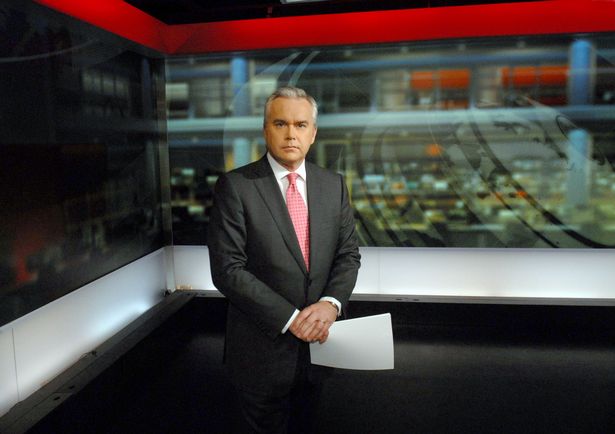The Decline of the News Anchor
At the height of the coronavirus pandemic, the importance of news anchors who could clearly detail the day’s events, without fear or favour, was utterly crucial. Covid-19 was a disease none of us knew about, resulting in numerous different and ever-changing policy responses – lockdowns, working from home, isolation – on a scale never seen before. The need for information, clarity, and strong government scrutiny was essential. This information was delivered through titans of journalism like Huw Edwards on the BBC News at Ten, which still receives millions of viewers.
But, as we thankfully come out of the pandemic, is the role of the news anchor also changing? Adam Boulton, the editor-at-large of Sky News and previously its political editor for 25 years, who had been at Sky since its launch, recently announced he would be leaving the channel at the end of the year. Boulton commented that the days of baby boomer dominance were up and he needed to make way for a new generation. The fact that Boulton fits the definition of the establishment – at home in Westminster – could be part of the reason why he felt the need to move on.
Could his departure also be symbolic of the long-term decline of the news anchor? Jon Snow, someone who has dominated the screens of Channel 4 News, also announced his departure. The big beasts of journalism, familiar faces you want to see at a time of crisis precisely for the reassurance they can bring, have steadily announced their increasing departure. We have historically enjoyed seeing that one big individual anchor the news precisely because they can be trusted to deliver the day’s events. If you see someone day after day bringing you important headlines, the trust that develops cannot be underestimated.
The question for news anchors of the future will be how they balance telling stories with bringing their own personality to the forefront
Yet in the UK, our attachment to robust, strong news anchors has never been on the same level as America. There, the inherently polarised nature of news channels means the schedules are dominated by opinionated commentators; someone reading a news bulletin is a small, secondary concern. Viewers appear to like watching Tucker Carlson on Fox News or Rachael Maddow on MSNBC, depending on their point of view.
Perhaps one of the reasons why new channel GB News has struggled, not least with its former presenter Andrew Neil, was because Britain isn’t quite used to dominant, opinionated news anchors on that scale. Based on opinionated presenters, its ratings have struggled, not least because of numerous tech issues in the channel’s early days. Recently, half-hourly news bulletins were introduced, showing that, even for a channel built around opinions, viewers want some objectivity.
Indeed, appointment viewing television, be it for any genre of programme, is something that has been utterly transformed over the last two decades. When there were fewer channels available, individuals would sit down to watch a programme at a certain time – there would be no iPlayer which allowed catch-up viewing. There were four channels, as opposed to four hundred, to choose from. This is what gave news anchors, in particular, a far greater monopoly and therefore greater recognition in the public consciousness.
A larger volume of people are able to shape the news or tell stories
Individuals are also accessing news in a completely different way. Twitter means that people are consuming news as it’s happening, no longer needing to wait until 6pm or 10pm to find out stories. Similarly, the rise of platforms like TikTok have meant a larger volume of people are able to shape the news or tell stories. People who may not have made it through journalistic training and onto news channels suddenly have a phone and camera at their disposal for telling stories. This is not to say everyone online is a journalist – quite the opposite – but it is an indisputable fact that the number of people telling stories has dramatically increased.
The question for news anchors of the future will be how they balance telling stories with bringing their own personality to the forefront of news items. The BBC’s Ros Atkins has managed the new change well, creating informative ten minute clips that summarise one issue in great depth. It is made for the social media age – not too long, but also providing space and time for individuals that have a busy day. It is very much his programme.
The place where the voice of presenters really matters is in radio. It is a far more intimate medium than television, with the screen always presenting more of a barrier. It creates a jarring distance compared to having only the sound of someone’s voice in your ears. However, that doesn’t mean to say there is no interaction between a viewer and presenter whatsoever. Recently, Stuart White, the anchor of BBC Look East, announced that he was stepping down after 37 years of presenting, which came as an immense shock. He had been the face of Look East, and his retirement was really unexpected. While the news anchor’s power may have declined, their departure will always generate headlines, none more so than Huw Edwards. When that day arrives, it truly will be the end of an era.

Comments